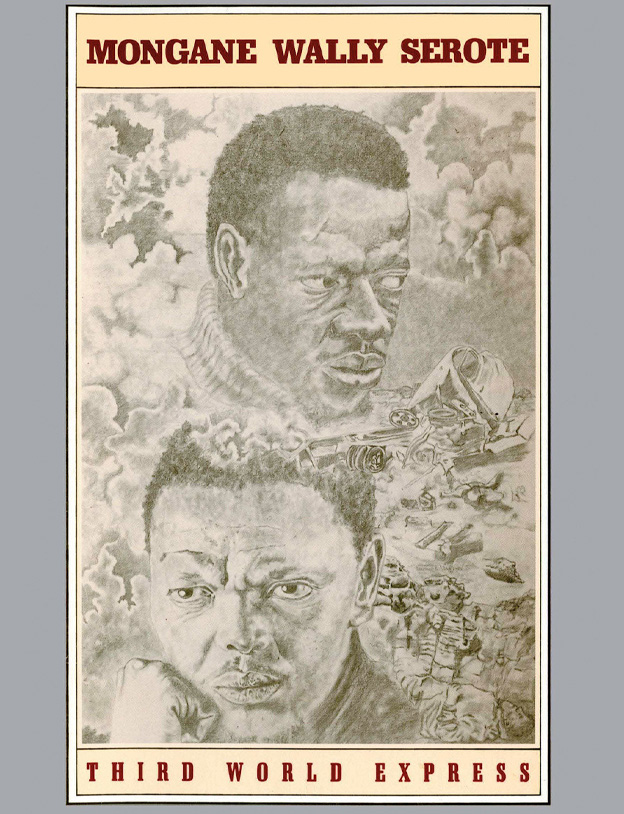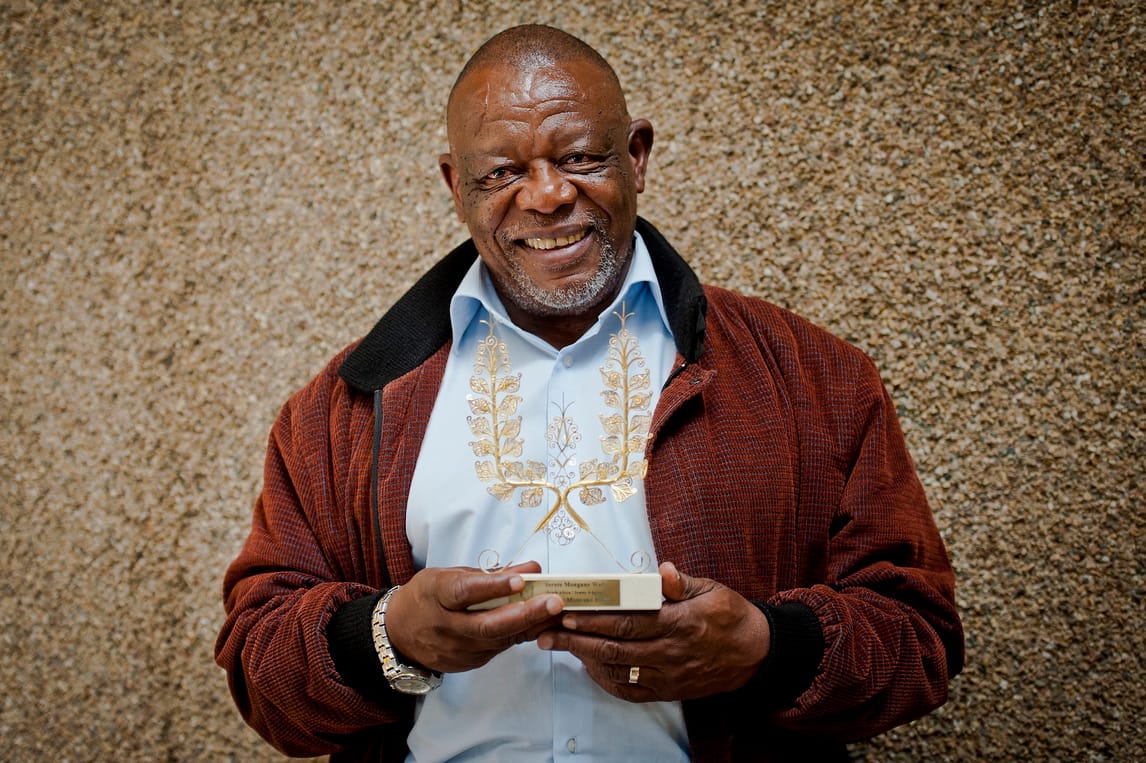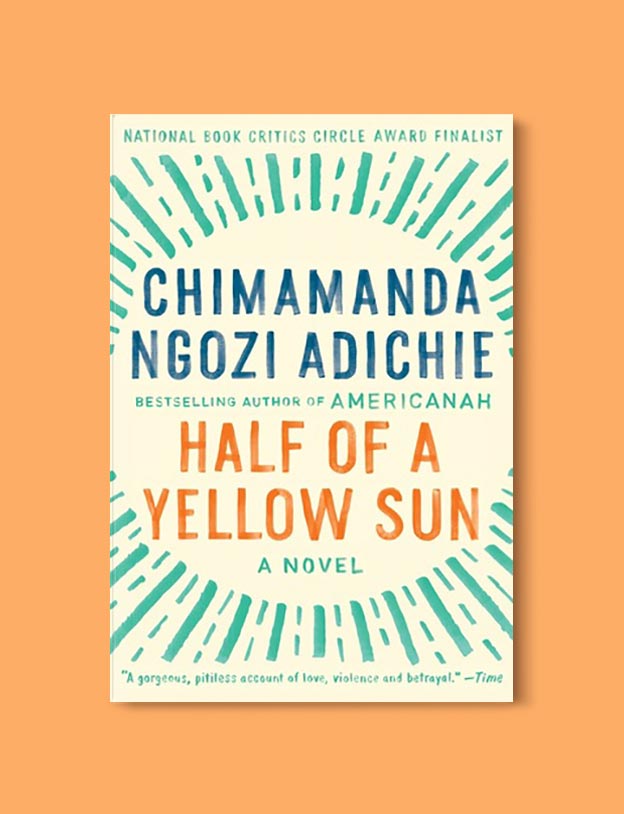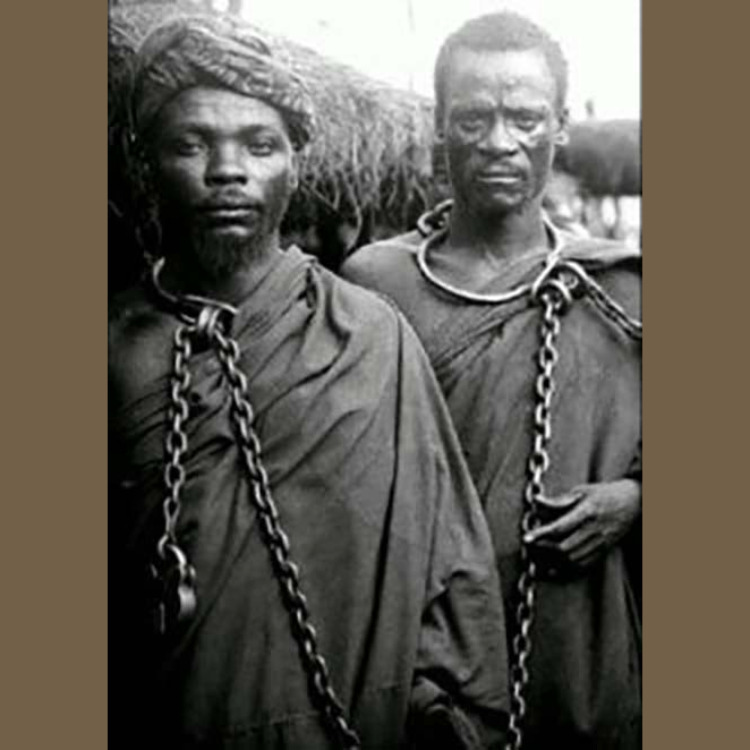Third World Express – Mongane Serote
Plot Summary
Third World Express is a long, sweeping poem written almost like a train journey. Imagine being on a train that cuts across South Africa, moving through villages, cities, dusty lands, and crowded stations. But the train isn’t just carrying passengers; it’s carrying the weight of a country’s pain, dreams, anger, and hope.
The “express” in the title is history itself rushing forward. Serote uses it to show how South Africa, under apartheid, was struggling yet moving, slowly but surely, towards freedom. The poem is both personal and political. You feel the heartbeat of the ordinary people, workers, mothers, children, and at the same time, you hear the echoes of marches, songs of protest, and the cries of those silenced by oppression.
Serote writes in a way that makes you feel the movement. There’s rhythm, like the turning wheels of the train. You sense the constant push: the hunger for justice, the anger at racial segregation, and the stubborn hope that refuses to die. The poem becomes a mirror of Black South African life under apartheid: full of pain, but also full of energy and resilience.
The “third world” here is not an insult, but a badge of shared struggle among oppressed nations, bound together in the fight for liberation.
About the Author
Mongane Wally Serote was born in 1944 in Sophiatown, Johannesburg, an area buzzing with culture but crushed under apartheid policies. He grew up seeing firsthand how the system of racial segregation stripped people of dignity.
In his youth, he joined the Black Consciousness Movement, which was about reclaiming pride and self-worth for Black people in South Africa. Because of his political activities and writing, he was often targeted by the apartheid regime. He was even arrested and spent time in solitary confinement without trial.
Serote later went into exile, moving across countries like Botswana, the United States, and the UK. During this time, he continued to write poetry that spoke boldly about injustice. His early work, like Yakhal’inkomo (which means “The cry of the cow”), is sharp and fierce, carrying the voices of ordinary South Africans.
When apartheid finally ended, Serote didn’t stop being active. He went into politics, served in government, and worked on cultural projects to keep South Africa’s stories alive. Over time, he became not just a poet but a cultural guardian, someone who believes art is deeply tied to freedom.
Even today, Serote is celebrated as one of South Africa’s greatest poets.
Buy the Book
latest video

nia via inbox
Stay connected. Subscribe and get updated on what's new with Nia!








